| dc.contributor.author | Montefusco, Adilson Marcos | en |
| dc.contributor.author | Nascimento, Felipe Parra do | en |
| dc.contributor.author | Sennes, Luiz Ubirajara | en |
| dc.contributor.author | Bento, Ricardo Ferreira | en |
| dc.contributor.author | Imamura, Rui | en |
| dc.date.accessioned | 2020-09-14T13:50:39Z | |
| dc.date.available | 2020-09-14T13:50:39Z | |
| dc.date.issued | 2019-06 | |
| dc.identifier.citation | Montefusco AM, Nascimento FP, Sennes LU, Bento RF, Imamura R. Influence of international authorship on citations in Brazilian medical journals: a bibliometric analysis. Scientometrics. 2019 June;119(3)1487–96. doi: 10.1007/s11192-019-03104-0. | en |
| dc.identifier.other | 10.1007/s11192-019-03104-0 | |
| dc.identifier.uri | http://digital.bibliotecaorl.org.br/handle/forl/424 | |
| dc.description.abstract | The challenge of increasing the impact of regional journals has received much attention. While funding and research agencies require the acceptance of papers from foreign authors as a means of increasing citations, Brazilian journal editors dispute the impact of this measure. This study aimed to evaluate, for Brazilian medical journals, whether the number of citations a document received was influenced by the authors’ institutional affiliations or other predictive factors related to the paper or the journal. Sixty-one medical journals published in Brazil in 2012 were selected for analysis. SCImago and Scopus were used to extract the articles and their data. The number of citations a document received in 5 years was analyzed according to the authors’ affiliations, language, document type, SCImago Cites per Document, and journal subject category. After adjusting for covariates by multivariate analysis, documents with collaborative international affiliations showed a citation increase of 0.17 (95% CI: 0.084–0.216) over documents by Brazilian authors. Significant increases in citations were also observed for bilingual documents (0.329; 95% CI: 0.236–0.380), English-only documents (0.159; 95% CI: 0.078–0.203), articles (1.590; 95% CI: 1.363–1.714), reviews (2.752; 95% CI: 2.355–2.972), and those under the subject category of hematology (1.280; 95% CI: 0.756–1.604). In summary, while collaborative international authorship increased citations in the investigated journals, language, type of document, and subject category had a stronger impact on the number of citations. | en |
| dc.language.iso | en_US | en |
| dc.publisher | Scientometrics. 2019 June;119(3)1487–96. doi: 10.1007/s11192-019-03104-0. | |
| dc.source.uri | https://doi.org/10.1007/s11192-019-03104-0 | |
| dc.subject | Bibliometrics | en |
| dc.subject | Citation analysis | en |
| dc.subject | Scopus | en |
| dc.subject | International visibility | en |
| dc.subject | International cooperation | en |
| dc.subject | Science evaluation | en |
| dc.title | Influence of international authorship on citations in Brazilian medical journals: a bibliometric analysis | en |
| dc.title.alternative | Scientometrics. 2019 June;119(3)1487–96. doi: 10.1007/s11192-019-03104-0. | en |
| dc.type | Artigo | en |
